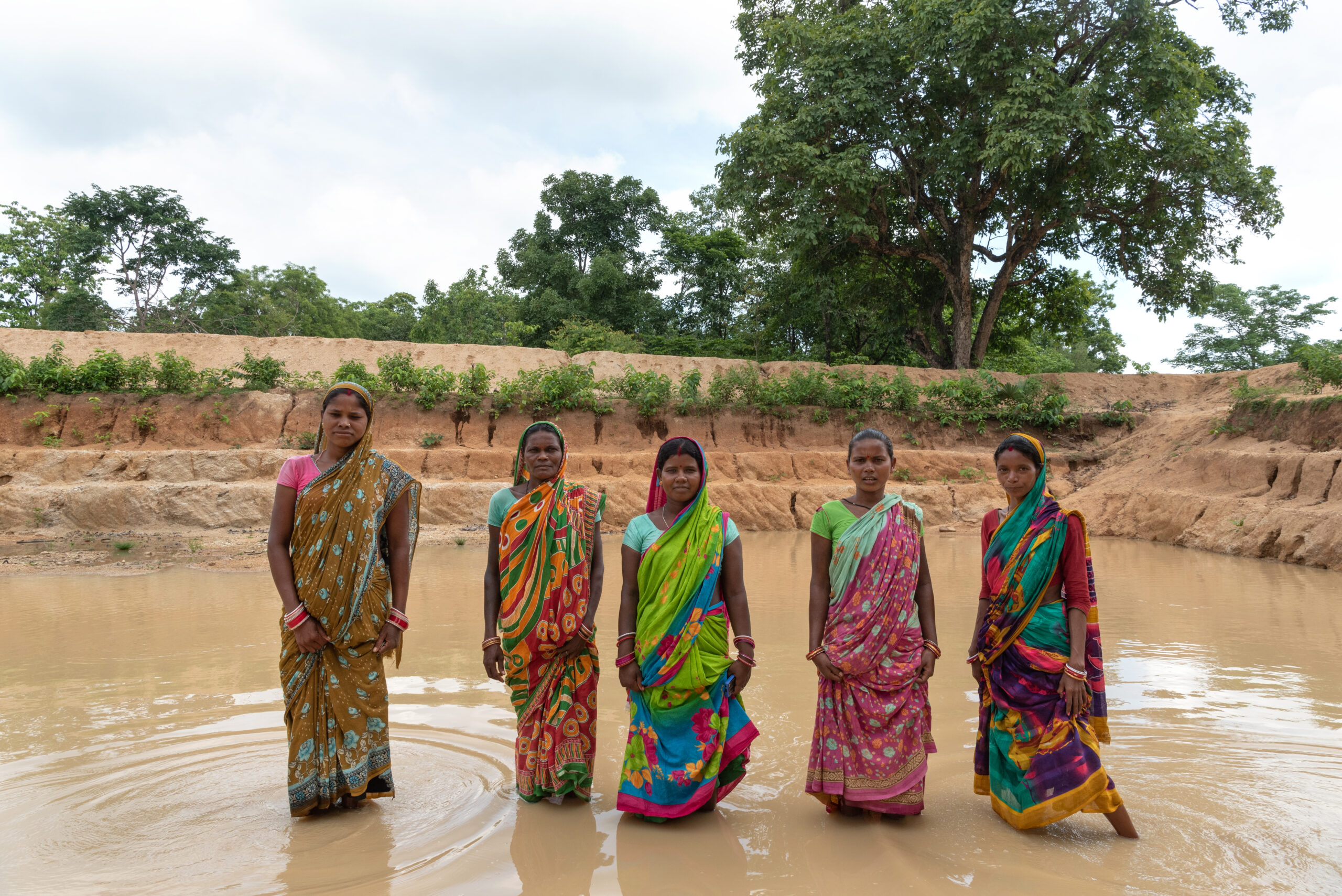CInI plays a leading role setting up the farmer producer groups, offering initial training and investment and helping them draft business plans. But over time members, who pay a small annual membership fee, take more control of the groups. Costs of equipment and seeds are split between CInI and group members who pay more as their incomes increase.
The groups are overseen by the Farmer Producer Organisations, which carry out tasks such as developing new income streams and providing member services. These companies are also set up by CInI but have an elected, women-led, board of directors that takes more control over time.
Ganesh Neelam, CInI’s executive director, says the programme deliberately takes a long-term approach to deliver lasting change. “The most important investment is in the capacity of communities and their institutions. Their learning is over a seven to eight year period. You can’t just provide infrastructure over a year or so and expect the change to be taken care of.”
CInI is also working with local banks to encourage increased lending to smallholder farmers. The organisation educates them on the potential of farming using clean energy technology, while its support for farm groups offers reassurance to lenders.

"Women have the power to decide"
Bonita is a farmer producer group member from Debihudi Village in Odisha. She says: “We now produce so much that the vendors come here twice a week during harvest time. We have bargaining power because we aggregate our harvest, thanks to the producer group.
“Earlier, women did not have any money, now I have an account in my name and the savings go into my account. Earlier we didn’t have the courage to make decisions – even about my own children’s education. But now with more exposure and savings, the women have the power to decide.”
Mandhoi is also a member of her local farmer producer group in Tarajhar Village, Odisha. She says: “With more income, I replaced the roof of the shed in my house. I can now also afford better education for my children and have sent them to a boarding school.”
“We used to do loading and unloading of iron ore to earn money as labourers. We do the same now but with one big difference – we are now owners and not labourers.”
